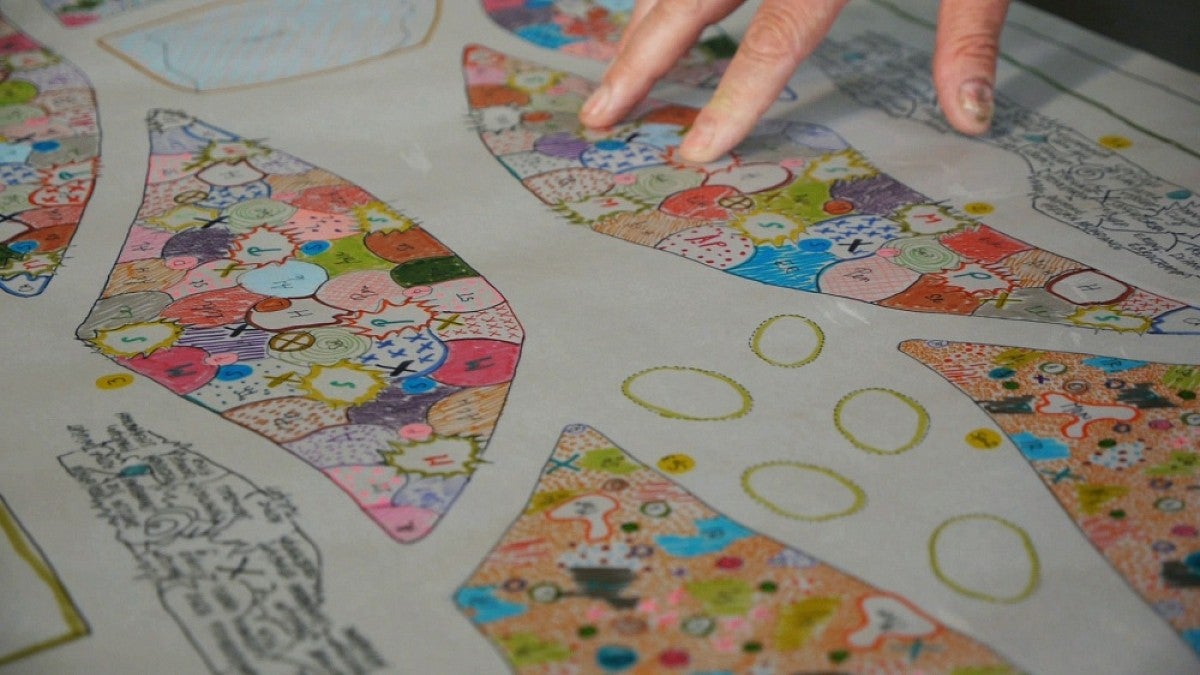This fall, the Schnitzer Cinema series will showcase the Ashland Independent Film Festival’s “Best of the Fests.”
The screenings include two of the strongest arts documentaries from the festival’s 2018 season, “Saving Brinton” and “Five Seasons: The Gardens of Piet Oudolf.” The series is programmed by Richard Herskowitz, Jordan Schnitzer Museum of Art curator of media arts and artistic director of the Ashland festival.
“Saving Brinton,” with a Skype Q&A with archivist Michael Zahs, opens the season on Wednesday, Oct. 10 at 7 p.m. The 87-minute documentary, directed by Tommy Haines and Andrew Sherburne, follows the remarkable discovery by Zahs of the nitrate film show reels of William Franklin Brinton, the man who introduced moving pictures to the American Midwest.
Discovered in a farmhouse basement in the Iowa countryside, the treasures include rare footage of President Theodore Roosevelt, the first moving images from Burma, and a lost relic from special effects inventor Georges Méliés. The film follows Zahs’ journey to restore Brinton’s legacy and save his irreplaceable cinematic treasures from turning to dust.
On Wednesday, Nov. 14, at 7 p.m., director Thomas Piper will be present for a Skype Q&A about his film “Five Seasons: The Gardens of Piet Oudolf.” The documentary takes viewers inside renowned landscape designer Piet Oudolf’s creative process as he revisits gardens he has designed around the world.
Known for unique works like New York City’s High Line and Chicago’s Millennium Park, projects that have revolutionized the concept of public gardens, Oudolf shares how these places have metamorphosed from abstract plans to living, breathing works of art. This poetic film reveals how Oudolf upends conventional notions of ecology, public space and beauty itself.
“’Saving Brinton’ and ‘Five Seasons’ were two of the most popular films at last April’s AIFF,” Herskowitz said. “They are portraits of quirky, singular individuals with a passion for their beloved art forms: garden design and silent cinema. They are also wonderful introductions to those art forms.”
The films are free and include popcorn and refreshments.
—By Debbie Williamson-Smith, Jordan Schnitzer Museum of Art


